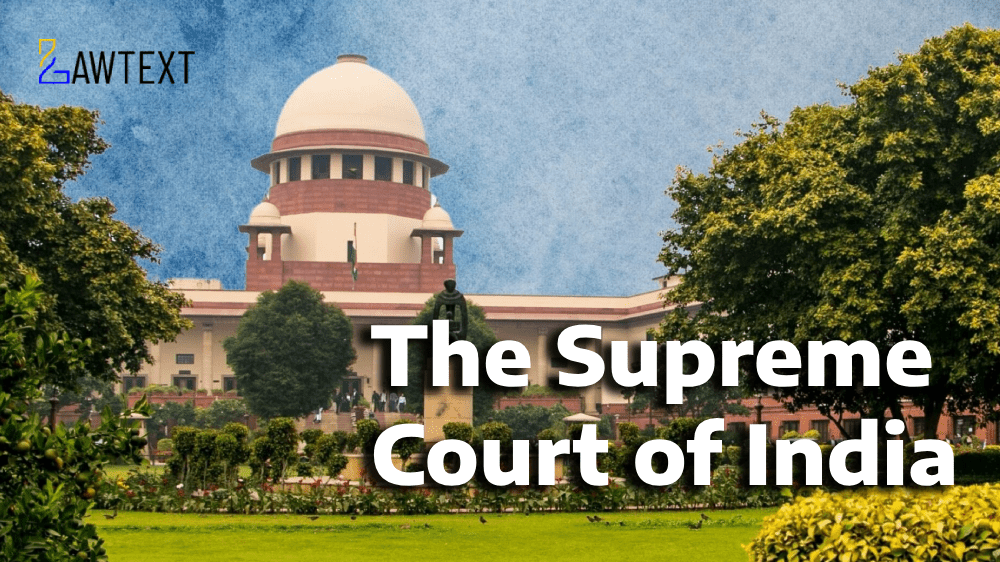

The Supreme Court of India addressed the deep-rooted caste-based discrimination prevalent in the Indian prison system. Through this landmark judgment, the Court declared several provisions in state prison manuals unconstitutional for violating the rights of prisoners, particularly those from marginalized communities. The judgment emphasized the need for equality in treatment, assignment of labor, and accommodation, particularly for those labeled as "habitual offenders." This directive mandates revisions to prison manuals within three months to reflect constitutional values.
The Court held that several state prison manuals and rules permitting caste-based discrimination, specifically in the allocation of prison labor and segregation practices, violate Articles 14 (Equality before law), 15 (Prohibition of discrimination on grounds of religion, race, caste, sex or place of birth), 17 (Abolition of Untouchability), 21 (Right to life and personal liberty), and 23 (Prohibition of traffic in human beings and forced labor). The classification of individuals as "habitual offenders" based on their caste or tribal affiliations is deemed unconstitutional unless justified through legal frameworks.
Sukanya Shantha, a journalist, highlighted in her 2020 article that caste-based labor division and discrimination are still practiced in Indian prisons. The petitioner sought the Court’s intervention to repeal unconstitutional provisions in state prison manuals.
The petition raised concerns about:
Various provisions from state prison manuals, including the Model Prison Manual 2016, were analyzed. The Court found that the discrimination allowed under certain prison rules violated constitutional protections and perpetuated historical injustices.
The Supreme Court issued directives to the Union and state governments to revise their prison manuals to eliminate caste-based labor allocation and to ensure no discrimination based on caste or tribal identity. Specific provisions regarding habitual offenders were also struck down unless consistent with existing state legislation.
The Court was that the discriminatory provisions in state prison manuals violate fundamental rights guaranteed by the Constitution, particularly for marginalized communities, including Denotified Tribes. The assignment of labor and classification of habitual offenders on the basis of caste, without legitimate legal backing, contradicts constitutional guarantees of equality and dignity. The judgment mandates systemic reforms to align prison practices with these fundamental rights.
Indian judiciary, Constitutional law, Prison labor, Habitual offenders
Citation: 2024 LawText (SC) (10) 34
Case Number: Writ Petition (C) No. 1404 of 2023
Date of Decision: 2024-10-03
Case Title: Sukanya Shantha Versus Union of India & Ors.
Before Judge: [Dr Dhananjaya Y Chandrachud CJI. , J B Pardiwala J., Manoj Misra J.]
Appellant: Sukanya Shantha
Respondent: Union of India & Ors.